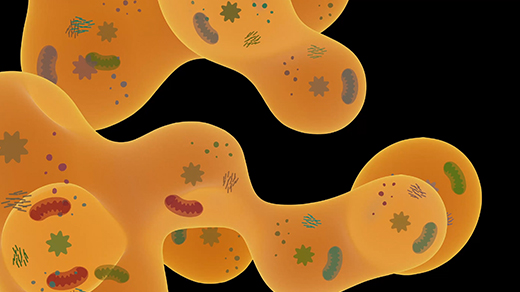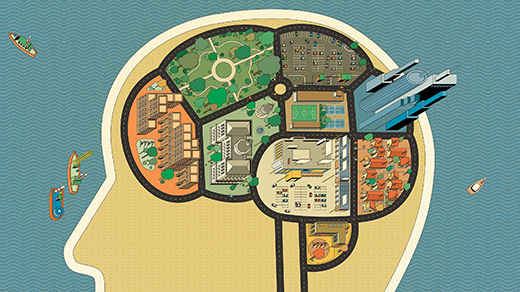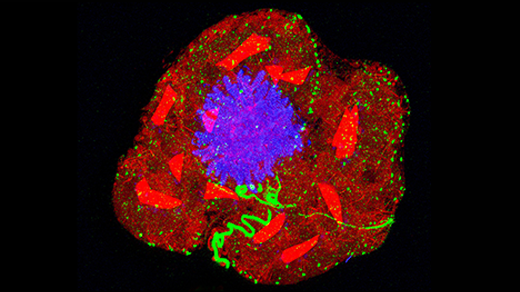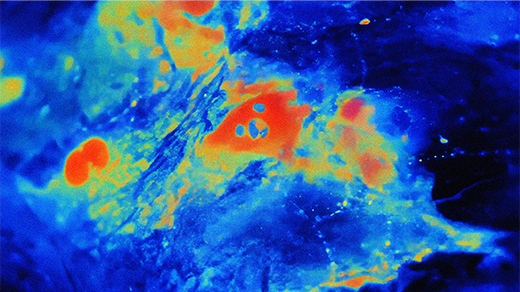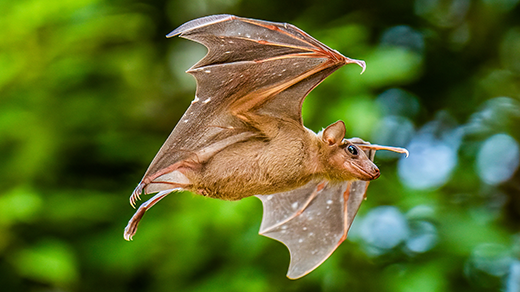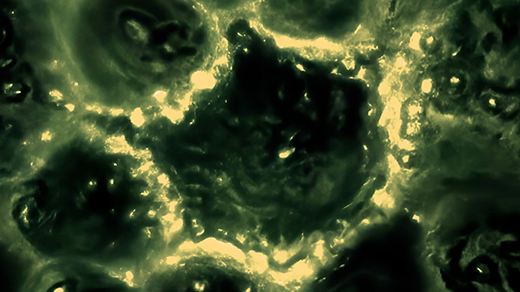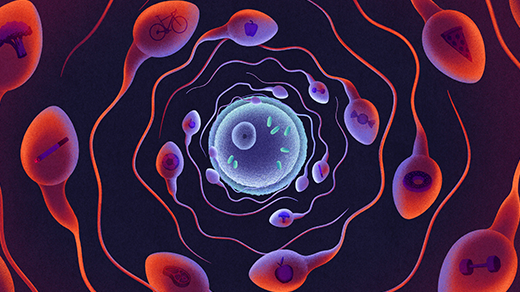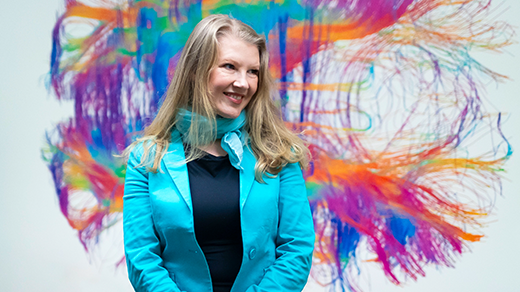What's up in
Biology
Latest Articles
The Biophysical World Inside a Jam-Packed Cell
Innovations in imaging and genetic engineering are coming together to probe the biophysics of cytoplasm inside living animals.
Fed on Reams of Cell Data, AI Maps New Neighborhoods in the Brain
Machine learning is helping neuroscientists organize vast quantities of cells’ genetic data in the latest neurobiological cartography effort.
Expansion Microscopy Has Transformed How We See the Cellular World
How physically magnifying objects using a key ingredient in diapers has opened an unprecedented view of the microbial world.
Once Thought To Support Neurons, Astrocytes Turn Out To Be in Charge
New experiments reveal how astrocytes tune neuronal activity to modulate our mental and emotional states. The results suggest that neuron-only brain models, such as connectomes, leave out a crucial layer of regulation.
How Animals Build a Sense of Direction
Researchers recorded the neurons that shape directional navigation as bats explored a remote island off the coast of Tanzania.
Cells Use ‘Bioelectricity’ To Coordinate and Make Group Decisions
The discovery that tissues use electricity to expel unhealthy cells is part of a surge of renewed interest in the currents flowing through our bodies.
How Dad’s Fitness May Be Packaged and Passed Down in Sperm RNA
Research into how a father’s choices — such as diet, exercise, stress, nicotine use — may transfer traits to his children has become impossible to ignore.
The Year in Biology
Take a jaunt through a jungle of strange neurons underlying your sense of touch, hundreds of millions of years of animal evolution and the dense neural networks of brains and AIs.
The Polyglot Neuroscientist Resolving How the Brain Parses Language
Is language core to thought, or a separate process? For 15 years, the neuroscientist Ev Fedorenko has gathered evidence of a language network in the human brain — and has found some parallels to LLMs.
